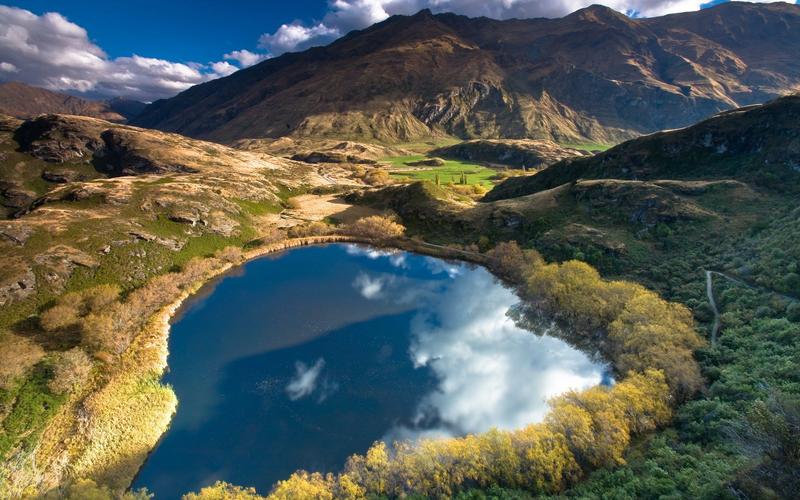5 Tips for Backpacking Light and Still Being Prepared
Backpacking is an exciting adventure that allows you to explore the beauty of nature while enjoying the freedom of living out of a backpack. However, packing light can be a challenge, and the key is to strike the right balance between being prepared and avoiding unnecessary gear. In this article, we will explore 5 tips for backpacking light and still being prepared.
1. Plan Ahead
One of the most important aspects of backpacking light is proper planning. Before you hit the trails, evaluate the duration of your trip, the weather forecast, the terrain conditions, and the resources available in your destination. This way, you can pack accordingly and avoid the extra weight of unnecessary gear.
2. Choose Lightweight Gear
When it comes to backpacking, every ounce counts. Therefore, investing in lightweight gear is crucial for a successful trip. Look for gear that is specifically designed for backpacking, such as ultralight tents, sleeping bags, and cooking equipment. Moreover, choose multi-functional gear, such as a hiking pole that doubles as a tent pole, to save weight and space.
3. Pack Smart
Packing smart is an essential skill for backpackers. Start by packing the heaviest items, such as water and food, at the bottom of your backpack. Then, roll your clothes tightly to save space, and use packing cubes to organize your gear efficiently. Also, leave behind non-essential items such as heavy books, electronics, and bulky clothing.
4. Learn Wilderness Skills
Learning wilderness skills, such as navigation, shelter-building, and fire-making, can help you pack lighter and be more prepared in case of emergencies. By relying on your skills and knowledge, you can pack less gear and avoid unnecessary weight. Moreover, learning these skills can enhance your backpacking experience and increase your confidence in the wilderness.
5. Practice Leave No Trace
Last but not least, practicing Leave No Trace principles is crucial for preserving the natural environment and enjoying a sustainable backpacking experience. Pack out all your trash, minimize your impact on wildlife, and avoid damaging plants and natural resources. By living by these principles, you can have a lighter backpack and a cleaner conscience.
Conclusion
Backpacking light requires discipline, creativity, and proper planning. By following these tips, you can pack smart, choose lightweight gear, and rely on your skills and knowledge to be prepared in the wilderness. Moreover, by practicing Leave No Trace principles, you can have a more sustainable and enjoyable backpacking experience. Happy trails!
(Note: Do you have knowledge or insights to share? Unlock new opportunities and expand your reach by joining our authors team. Click Registration to join us and share your expertise with our readers.)
Speech tips:
Please note that any statements involving politics will not be approved.
